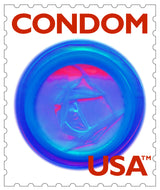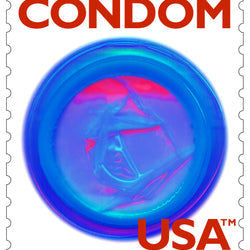Pelvic inflammatory disease, or PID, is an infection of the organs of a women’s reproductive system. They include the uterus, ovaries, fallopian tubes, and cervix. It’s usually caused by a sexually transmitted infection (STI), like chlamydia or gonorrhea, and is treated with antibiotics.
You might not notice any symptoms of PID early on. But as the infection gets worse, you can have:
- Pain in your lower belly and pelvis
- Heavy discharge from your vagina with an unpleasant odor
- Bleeding between periods
- Pain during sex
- Fever and chills
- Pain when you pee or a hard time going
Call your doctor right away if you have any of these.
PID can cause serious problems if it’s not treated. For example, you might have trouble getting pregnant or have pain in your pelvic area that doesn’t go away.
In some cases, PID can bring on more intense symptoms, and you’ll need to go to the emergency room. Get medical help right away if you have:
- Severe pain in your lower belly
- Signs of shock, like fainting
- Vomiting
- Fever higher than 101 F
Some of these also can be signs of other serious medical conditions, like appendicitis or an ectopic pregnancy (a pregnancy that happens in a fallopian tube outside the womb). You would need medical help right away for these as well.
Signs of an STI
Treating an STI right away can help keep you from getting PID. Symptoms of STI are a lot like those of PID. They include heavy discharge from your vagina with an unpleasant odor, pain when you pee, and bleeding between periods.
Call your doctor as soon as you notice any of these to lower your chances of PID.
Sources
http://www.webmd.com/women/guide/what-is-pelvic-inflammatory-disease
© 2017 WebMD, LLC. All rights reserved.






Leave a comment